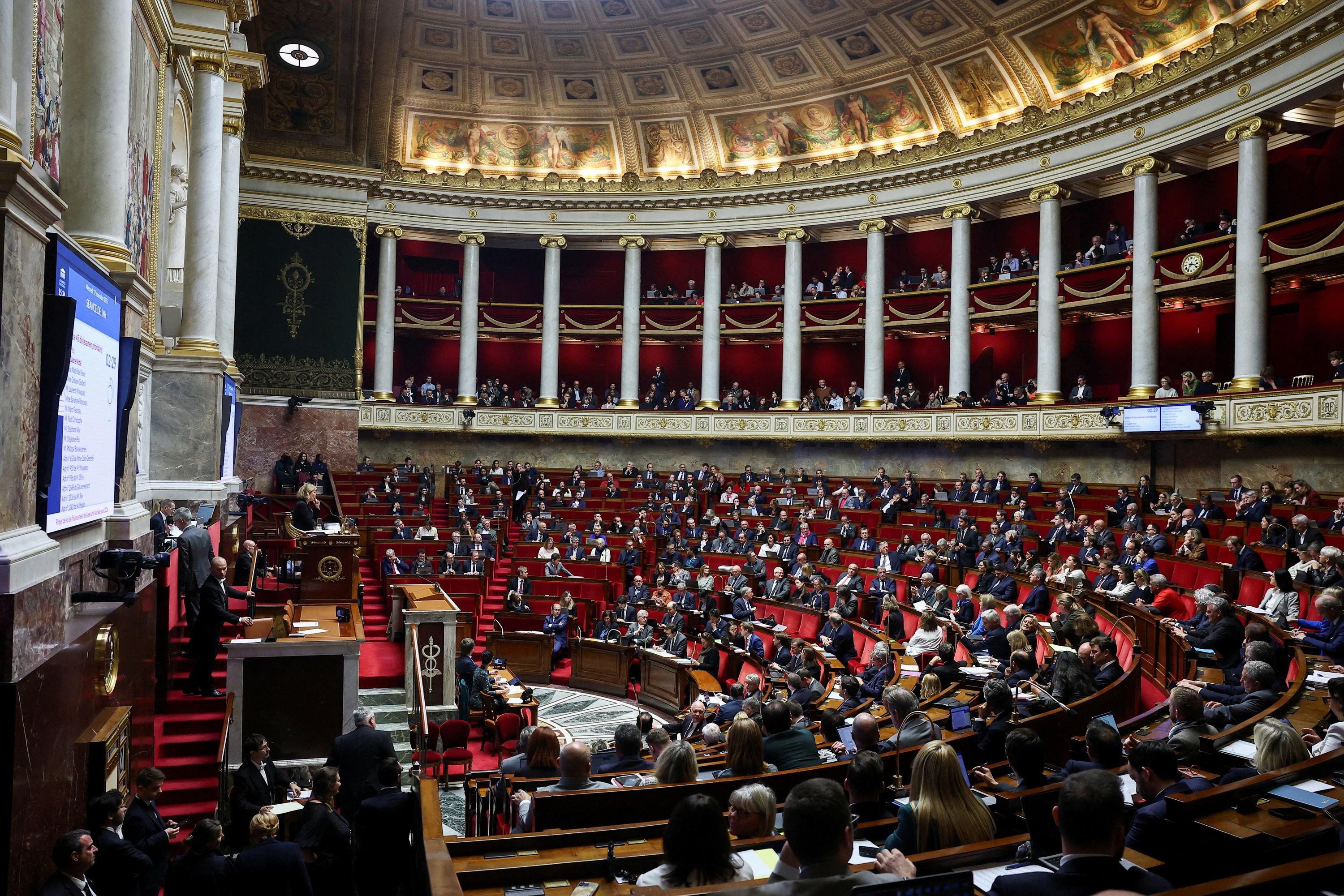France Proposes Transpartisan Bill Targeting Gender-Based Violence and Sexual Deepfakes
France’s parliamentarians unveil a broad transpartisan bill to toughen laws against gender-based violence and non-consensual sexual deepfake imagery.
- • A transpartisan bill co-signed by 109 deputies targets gender-based and sexual violence with expanded judicial measures.
- • The bill criminalizes non-consensual sexual deepfakes, especially involving minors, with increased penalties.
- • It includes new measures to detect violence from early childhood and combat cyber violence.
- • The legislation builds on 140 feminist recommendations and reports a surge in deepfake pornography circulation projected by 2025.
Key details
A significant legislative initiative has been introduced in France aiming to strengthen protections against gender-based and sexual violence, particularly focusing on new forms of cyber violence such as non-consensual sexual deepfakes. Socialist deputy Céline Thiébault-Martinez presented this transpartisan bill, co-signed by 109 deputies from eight political groups, reflecting a broad consensus on addressing these urgent issues.
The proposal enhances existing laws under Article 226-8-1 of the Civil Code by increasing penalties for creating and distributing sexual deepfake images without consent. The bill notably criminalizes the production of any sexual deepfake images involving adults without their consent and enforces a categorical ban on child pornography, regardless of consent. Penalties could reach up to seven years' imprisonment and €100,000 in fines, escalating to ten years and €500,000 for organized offenses.
This legislative effort draws on 140 recommendations from feminist coalitions and input from the associative sector, aiming to fill gaps in current protections. It also includes innovative judicial reforms such as detecting violence from the earliest stages of childhood—starting even in kindergarten—and measures to combat cyber violence more effectively.
According to a recent European Parliament report cited during the bill’s presentation, the circulation of pornographic deepfakes online is predicted to surge to eight million images by 2025, a massive increase from 500,000 in 2023, highlighting the urgency of this legislation.
Deputy Thiébault-Martinez emphasized the necessity of combating impunity and protecting victims from the growing market for harmful digital content. The bill was unveiled publicly in a press conference, signaling a strong political and social mobilization to tackle gender-based violence in the digital age.
The next steps involve parliamentary scheduling and further legislative work to advance the bill through the assembly. Supporters believe this proposal marks a crucial evolution in French law to address the complexities of violence in contemporary society and to better protect vulnerable populations, especially women and children.
This article was translated and synthesized from French sources, providing English-speaking readers with local perspectives.
Source articles (2)
Source comparison
Number of deputies supporting the bill
Sources report different numbers of deputies supporting the bill
lefigaro.fr
"The bill is supported by over a hundred deputies from eight political groups."
france24.com
"A comprehensive judicial reform proposal has been presented, co-signed by 109 deputies."
Why this matters: One source states the bill is supported by over a hundred deputies, while the other specifies 109 deputies. This discrepancy could affect the perceived level of support for the bill.
Latest news
Political Fallout Intensifies Following Quentin Deranque's Murder, Spotlight on La France Insoumise
American Investor Confidence in France Hits Lowest Level Since 2017
Over One Million French Bank Accounts Illegally Accessed Amid Rising Cybersecurity Threats
French Political Leaders Condemn Violence Following Quentin Deranque's Death Amid Protests and Demonstration Bans
Tensions and Alliances Mark the 2026 French Municipal Elections
Rising Political Violence in France as Police Chief Assaulted Amid Far-Right Tensions
The top news stories in France
Delivered straight to your inbox each morning.


